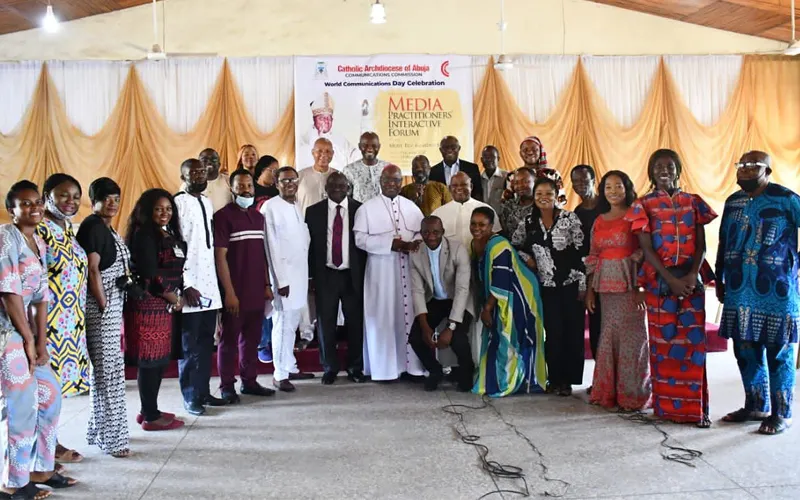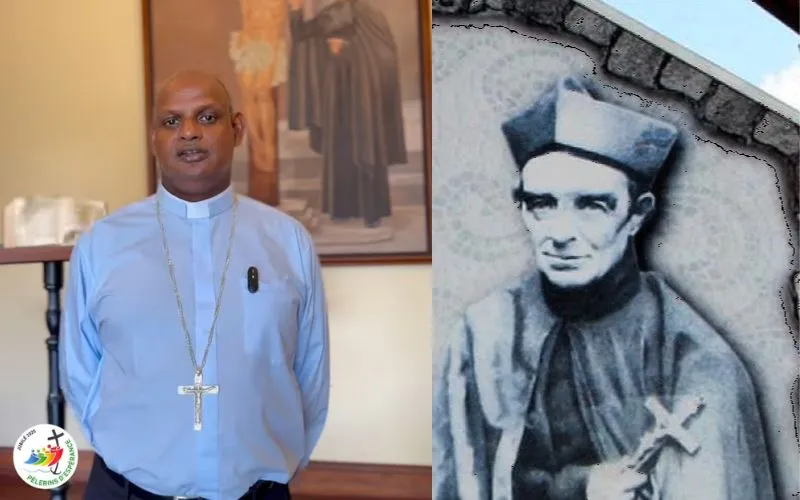Abuja, 07 May, 2021 / 3:39 pm (ACI Africa).
Those in leadership in Nigeria need to give young people “a level playing ground” to enable them contribute to the political and economic matters of the West African country, Archbishop Ignatius Kaigama of Abuja Archdiocese has said.
Archbishop Kaigama who was interacting with Catholic media practitioners in the Nigerian Archdiocese ahead of the 2021 World Communications Day said that young people have previously played important roles in the development of the nation and need empowerment to guarantee the country’s future.
“Our leaders must ensure that young people are given a level playing ground in both economic and political matters,” Archbishop Kaigama said in his Friday, May 7 speech.
He added, “Our energetic, dynamic and innovative youths must be able to shape the future they will inherit, and that future begins today. With a rapidly expanding youth population, the future of Nigeria belongs to the youth.”
Unemployment, nepotism and poverty are some of the challenges that “have tended to inhibit the active participation of the youth in the economic and political transformation of our country,” Archbishop Kaigama further said, adding, “Corruption among public officials does not set a good example for our youth today.”









